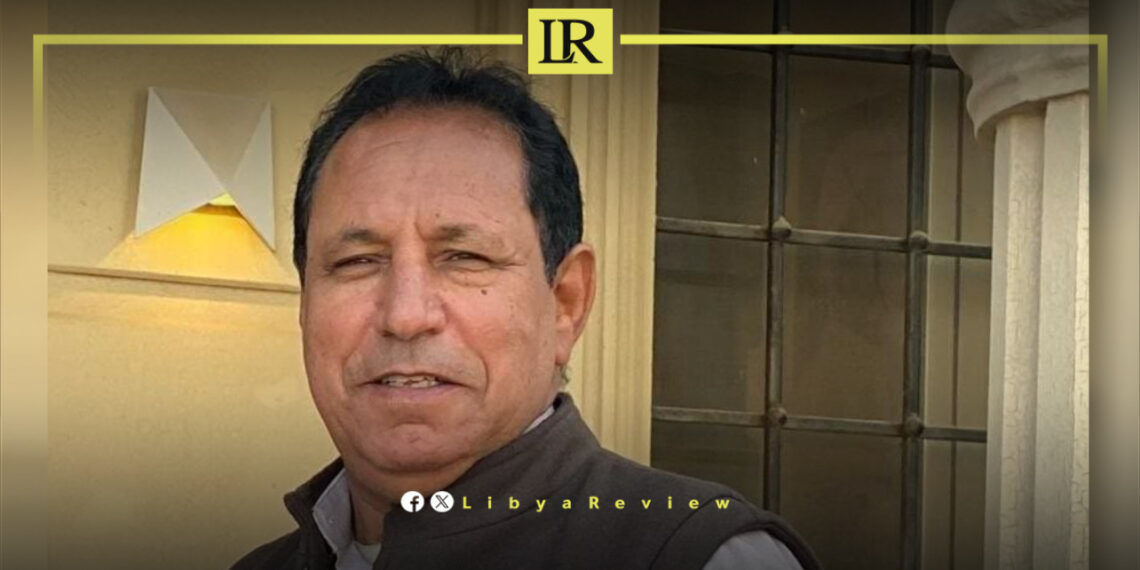The continuous influx of Sudanese refugees into the Al-Kufra Municipality is creating mounting challenges, according to Abdullah Suleiman, the municipality’s spokesperson.
Speaking to Fawasel, Suleiman emphasized that the growing number of refugees, many of whom are sheltering in makeshift camps on farms at the city’s outskirts, is a significant burden. These areas lack proper facilities, making the situation untenable.
“With the onset of winter, the refugees’ need for shelter, clothing, food, and blankets has grown more urgent,” Suleiman noted. He also highlighted the lack of education for the refugee children, many of whom have been out of school for nearly two years due to the conflict in Sudan.
Suleiman criticized the United Nations’ response during a visit by Stephanie Khouri, Acting Head of the UN Mission in Libya. He accused UN agencies and affiliated organizations of failing to conduct on-the-ground assessments to address the dire needs of the refugees adequately.
Furthermore, Suleiman pointed out that Al-Kufra’s municipal services are under immense strain due to the refugee influx. Local institutions require significant support to continue providing essential services to both residents and refugees.
Libya has been in chaos since a NATO-backed uprising toppled longtime leader Muammar Gaddafi in 2011. The county has for years been split between rival administrations.
Libya’s economy, heavily reliant on oil, has suffered due to the ongoing conflict. The instability has led to fluctuations in oil production and prices, impacting the global oil market and Libya’s economy.
The conflict has led to a significant humanitarian crisis in Libya, with thousands of people killed, and many more displaced. Migrants and refugees using Libya as a transit point to Europe have also faced dire conditions.
The planned elections for December 2021 were delayed due to disagreements over election laws and the eligibility of certain candidates. This delay has raised concerns about the feasibility of a peaceful political transition.
Despite the ceasefire, security remains a significant concern with sporadic fighting and the presence of mercenaries and foreign fighters. The unification of the military and the removal of foreign forces are crucial challenges.


